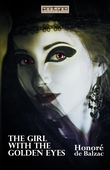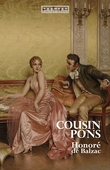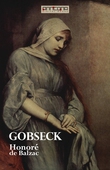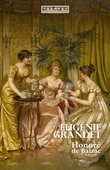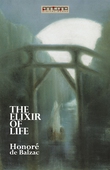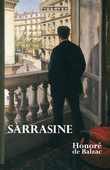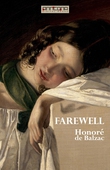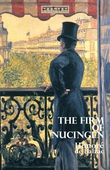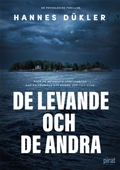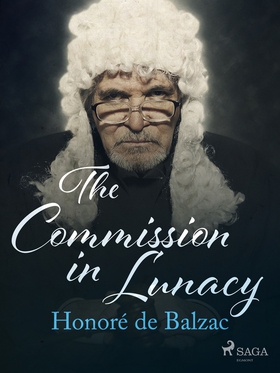
Lägg till önskelistan
The Commission in Lunacy (The Human Comedy: Scenes from Private Life) e-bok
Pris
45 kr
Judges receive legal training, but they cannot automatically be given courage and the wisdom of Solomon.
That is what is needed when larger-than-life socialite the Marquise d'Espard petitions Judge Jean-Jules Popinot to declare her husband mad.
He is not mad, of course. But she is - mad that he is spending their money on another family.
As the judge digs deeper, he discovers the heartbreaking reason why the Marquis was helping the Jeanrenauds. With the pressure building, he prepares to de...
E-Bok
45 kr
Pris
Förlag
Saga Egmont
Utgiven
13 September 2022
Längd
36 sidor
Genrer
Romaner, Skönlitteratur
Språk
English
Format
epub
Kopieringsskydd
Vattenmärkt
ISBN
9788726668100
Judges receive legal training, but they cannot automatically be given courage and the wisdom of Solomon.
That is what is needed when larger-than-life socialite the Marquise d'Espard petitions Judge Jean-Jules Popinot to declare her husband mad.
He is not mad, of course. But she is - mad that he is spending their money on another family.
As the judge digs deeper, he discovers the heartbreaking reason why the Marquis was helping the Jeanrenauds. With the pressure building, he prepares to deliver his verdict...
Fans of the courtroom dramas in Charles Dickens' 'Bleak House' and Harper Lee's 'To Kill a Mockingbird' will love 'The Commission in Lunacy'.
Honoré de Balzac (1799-1850) was a French novelist and playwright, most famous for a sequence of novels, collectively called 'The Human Comedy'. His signature style was a warts-and-all representation of post-Napoleonic French life, rich in detail and featuring complex, unfiltered characters.
The style means Balzac is regarded as one of the pioneers of European literary realism. He is named as an influence on writers including Emile Zola, Henry James, Charles Dickens, and Gustave Flaubert.
The first novel he published under his own name was 'Les Chouans' in 1829. In 1834 he hit upon the idea of grouping his novels together to record all of society. The result, over a period of years, was 'The Human Comedy', which comprised three categories: 'Analytic Studies'; 'Philosophical Studies'; and 'Studies of Manners'.

